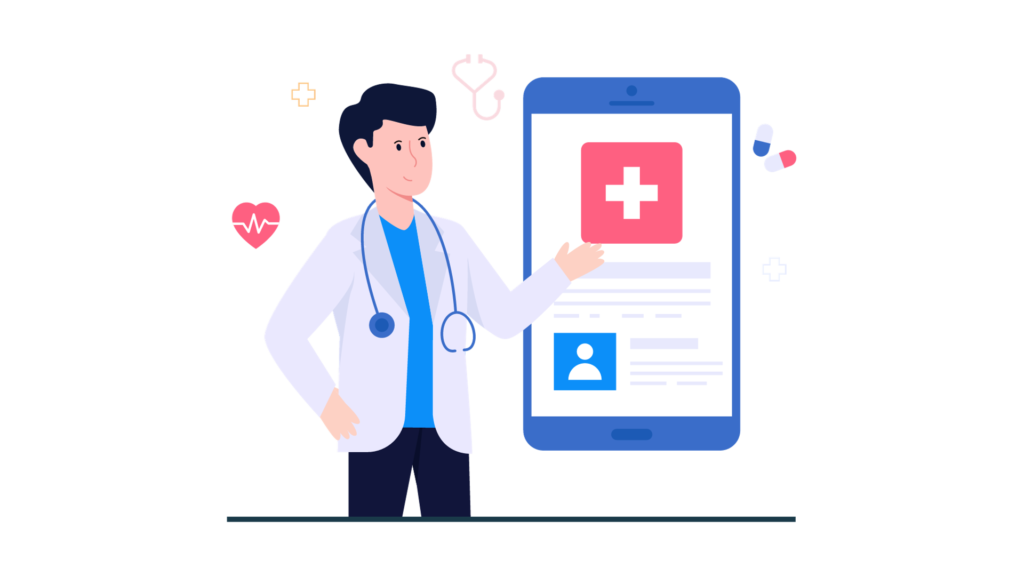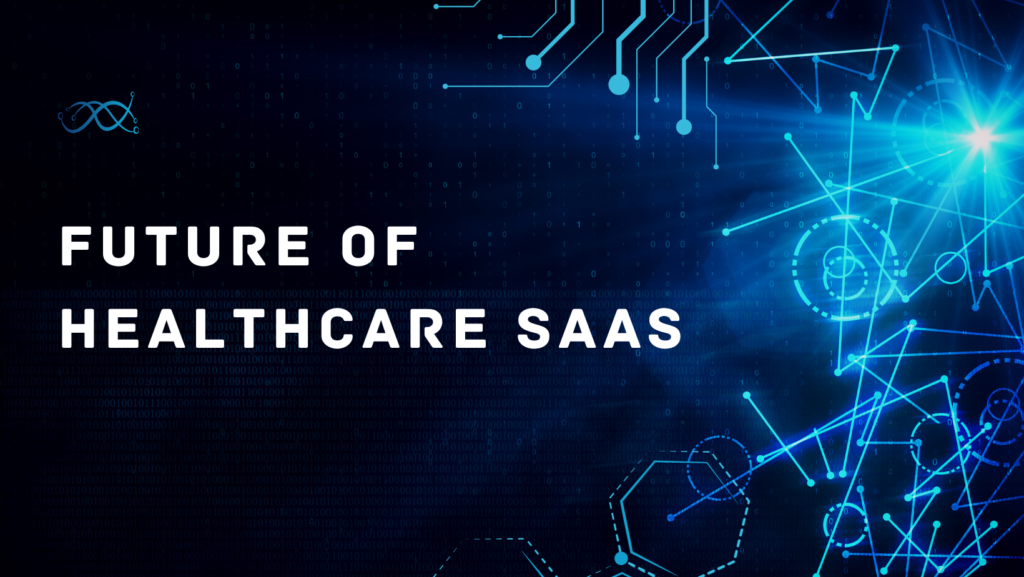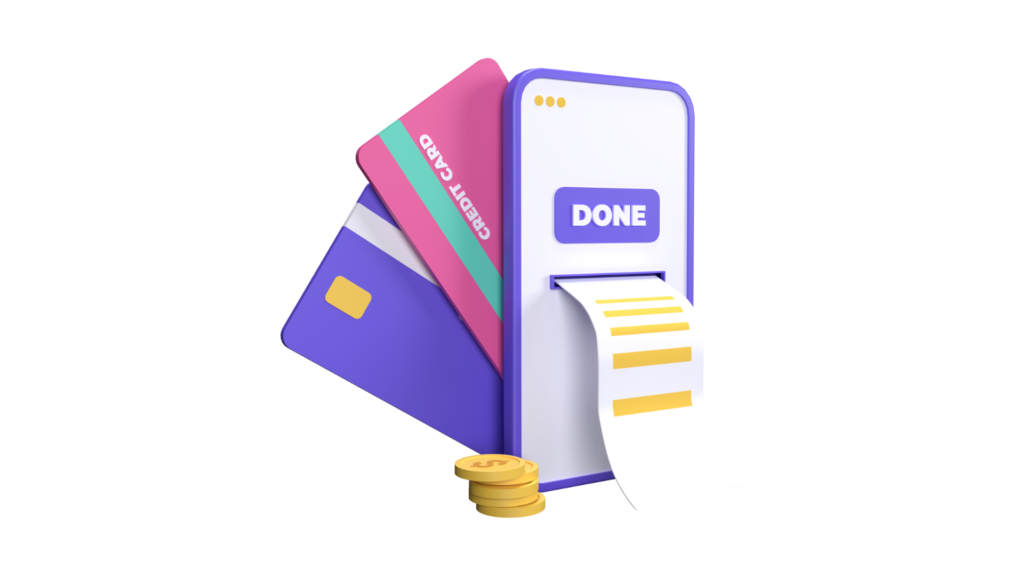The evolving healthcare landscape in 2024 presents opportunities for significant advancements in patient well-being. However, a well-managed implementation of these emerging trends could exacerbate issues instead of resolving them. Esteemed hospitals, clinics, and healthcare professionals are swiftly embracing cutting-edge technological trends to build trust and enhance value for their tech-savvy patient base.
For those considering upgrading their systems using healthcare technological trends, now is the ideal moment to engage a leading healthcare app development company. Embracing these changes aligned with current market trends can position your business advantageously.
Before making a definitive decision, it’s crucial to examine prevailing technology and mobile app trends reshaping the healthcare sector. Understanding these trends will enable you to identify which ones can yield the most significant benefits and value for your business, aligning you more closely with your competitors who are already leveraging these advancements.
Therefore, in today’s discussion, we’ll delve into various healthcare mobile app trends and technological advancements redefining the industry in 2024.

8 Best Healthcare Mobile Apps Trends in 2024
This segment will spotlight pivotal trends in healthcare mobile applications and their significant role in reshaping the sector while elevating the customer experience.
1. Telemedicine
Telemedicine has drastically transformed the healthcare industry by bridging the distance between patients and their healthcare providers, and its ongoing adoption is expected to expand further. Consequently, it stands as a prominent element within the healthcare industry trends of 2024 and a pivotal technology influencing home healthcare.
The integration of this trend in health applications focuses on enabling immediate access for patients and doctors, emphasizing preventive measures before medical emergencies arise. According to telehealth trends, this approach, recognized for its potential to decrease overall hospital costs, is poised to attract numerous new participants in the economy.
2. Digital Prescription and Health Records
Digital health is assuming greater significance in our everyday routines, establishing itself as a notable trend in healthcare mobile apps for 2024. An example of this is E-Rx, a digital rendition of prescriptions crafted by healthcare professionals using digital software. This technology has emerged as a leading healthcare trend due to its substantial advantages. Furthermore, it aids in generating digital patient health records, enhancing patient care by minimizing human errors associated with misinterpretation of medications.
3. Remote Patient Monitoring and Wearables
Remote patient monitoring has the potential for a lasting impact on healthcare services. Healthcare professionals can enhance their efficiency by overseeing patients beyond traditional hospital or clinic settings, effectively extending the reach of the healthcare system. Managing chronic illnesses like heart disease or diabetes through remote monitoring devices such as SaMD (Software as a Medical Device) or specialized apps like MySugr has become notably convenient.
Continuous access to real-time data from interconnected wearable devices serves as a valuable resource for preventive healthcare measures. For instance, wearable ECG devices can alert a physician to potential cardiac issues. Moreover, consistent access to such ongoing data facilitates the management of chronic conditions by inspiring lifestyle changes that promote better health.
Certainly, remote patient monitoring and wearable technology have facilitated the concept of tailored healthcare and will remain prominent trends in healthcare mobile apps throughout 2024.
4. Personalized Medicine and Genomics
Traditionally, medications have been developed using a “one-size-fits-all” approach, aiming for maximum effectiveness with minimal side effects across a broad population. Nevertheless, advancements in modern technologies such as genomics (the study of genes), digital twins, and AI have empowered healthcare providers to adopt a more individualized approach. This shift enables treatments that are uniquely customized to each person. While this approach can offer significant effectiveness for patients dealing with chronic pain, there are potential risks associated with excessively high doses.
5. Gaming Applications
Although the mobile app industry has previously focused on games-based mHealth apps primarily targeted at children who engage in basic surgery games for entertainment, the landscape is evolving. There’s a notable shift in the healthcare industry toward adopting gamification across various health and care domains. Games are now being integrated into medical training, rehabilitation programs, fitness regimens, participatory health initiatives, as well as emotional and cognitive health interventions.
6. Retail Healthcare
The emergence of retail healthcare is gaining traction as a lucrative trend in healthcare apps, with major retailers like Amazon, Walmart, and CVS offering medical services like vaccinations, blood tests, and checkups. Traditionally, these services were exclusive to hospitals, clinics, and medical facilities staffed by trained practitioners and doctors. Retail healthcare services offer enhanced accessibility and convenience without the necessity of prior appointments compared to traditional healthcare providers.
Forrester predicts that the volume of healthcare services provided by retail outlets will double in 2024, as patients increasingly opt for retail healthcare services to fulfill their primary care requirements.
7. Clinical Solutions
A prominent trend in healthcare mobile apps is clinical solutions extensively utilized by hospitals, clinics, and various medical establishments. These apps assist patients in scheduling appointments, communicating information with their healthcare providers, obtaining answers to inquiries, and offering additional functionalities.
Moreover, patients can utilize these apps to set appointment reminders, swiftly connect with medical staff during emergencies, and facilitate bill payments. Clinical solution apps are poised to be a predominant trend in healthcare mobile apps throughout 2024.
8. Fitness Solutions
The progressing trend within the healthcare industry centers on the advancement of fitness apps. These applications offer live and pre-recorded exercise sessions led by proficient fitness trainers. Emphasizing holistic well-being encompassing physical fitness and mental wellness, these apps provide virtual sessions covering Strength Training, Zumba, Yoga, Dance, meditation, and various other activities.
8 Best Healthcare Technology Trends in 2024
Apart from the influence of trends in healthcare mobile apps, several technological advancements are reshaping the industry. Let’s delve deeper into some emerging technology trends in healthcare.
1. Big Data
The big data market is anticipated to grow to $273.4 billion by 2026 from $162.6 billion in 2021, signifying one of the pivotal technological trends in the healthcare sector. Big data in healthcare offers notable contributions by facilitating value-based and patient-centered care. Additionally, it aids medical establishments in disease prevention, and epidemic prediction, offering medical insights, averting avoidable fatalities, and enhancing the overall quality of life.
2. Artificial Intelligence
Artificial intelligence has transformed numerous industries and healthcare is no different. AI is reshaping the landscape of contemporary healthcare delivery, earning a prominent position among the key IT trends in healthcare for 2024.
This technology embodies a collection of tools that empower machines to comprehend, perceive, learn, and emulate human-like actions, enabling them to execute various clinical and administrative functions within healthcare.
The projected global market size for AI in the healthcare industry is expected to expand significantly, reaching $45.2 billion by 2026, up from $4.9 billion in 2020.
Factors propelling the adoption of AI in healthcare encompass the increasing necessity to diminish healthcare expenses, intricate healthcare data sets, and the rising desire for enhanced healthcare services.
3. Internet of Things
Projected to reach $650.5 billion by 2026 from $300.3 billion in 2021, growing at a CAGR of 16.7%, the IoT healthcare market shows significant expansion. IoT technology enables the continuous collection of patient data, aiding in its analysis to enhance the standard of care. Integration with IoT-driven devices such as Google Home or Amazon’s Alexa might become integral to the development of healthcare apps for Android and iOS. These devices can support patients in determining medication schedules or ensuring adherence to medical protocols.
4. AR/VR
The influence of AR/VR in healthcare primarily revolves around aiding patients in their recovery via virtual simulations and assisting practitioners in refining their techniques within a virtual setting.
The AR and VR sector in healthcare is anticipated to reach a market value of $5.1 billion by 2025. Even though this timeframe may seem distant, the impact of AR/VR in the healthcare realm is already evident across various domains.
5. Voice Search
Voice technology plays a significant role across various healthcare sectors. It aids end-users in locating nearby doctors and supports surgeons by providing step-by-step procedural checklists during surgeries. Devices like Alexa and Google Homes employing voice technology have gained utilization in numerous hospitals and clinics.
As voice technology reshapes patient and doctor interactions within the medical field, voice-based search is revolutionizing the global marketing of healthcare services by doctors and hospitals.
The surge in voice technology adoption has prompted several adept custom healthcare software development firms to create mHealth apps centered on this cutting-edge technology in healthcare.
6. Cloud Computing
Anticipated to exhibit substantial expansion, the cloud computing market within healthcare is estimated to experience a noteworthy growth trajectory, with a projected CAGR of 20.55% by 2027. This surge is expected to elevate the market size to approximately $42.21 billion, signifying the significant influence of cloud computing in the healthcare sector in the forthcoming years. For example, cloud-based ERP solutions tailored for healthcare services highlight this impact.
7. Predictive Analysis
Once confined to personalized healthcare, predictive analysis has now expanded its reach within the medicine ecosystem and mobile healthcare app development, becoming one of the most heavily invested and researched technologies.
In 2024, hospitals are expected to harness the capabilities of Predictive Analysis in three primary ways:
- Risk estimation
- Geo-mapping
- Simulations/what-if scenarios
Within these approaches lie numerous situations where predictive analysis can bring enhancements, such as averting thirty-day hospital readmissions, anticipating patient deterioration, mitigating appointment no-shows, and preventing patient self-harm, among others.
8. Chatbot
Chatbots, once prevalent in e-commerce and website domains, have significantly evolved and found diverse applications within the healthcare industry. Offering a more intuitive, immediate, and personalized approach, chatbots are reshaping the healthcare sector. In simple terms, chatbots have become commonplace in today’s tech-driven world, optimizing operations and simplifying the healthcare system.
Benefits of Mobile Technology Trends in Healthcare
Embracing automation in healthcare brings forth a multitude of advantages for caregivers, healthcare institutions, and patients. Here are some evident benefits of mobile health technology:
1. Reduced Risk of Errors
Healthcare providers require access to various clinical resources to make accurate diagnostic judgments. Utilizing mobile health technology, doctors and nurses can swiftly access medical data, lab results, and other pertinent information within moments. Additionally, they can employ smartphones and applications for drug reference guides, clinical guidelines, and decision-support tools. Well-informed medical decisions help minimize error rates, enhance practice efficiency, and promote informed care. On the patient’s end, early alerts assist in identifying complications, enabling them to plan treatment accordingly.
2. Streamlining Clinical Processes
According to research, the IoT healthcare market is projected to hit $188.2 billion by 2025. This showcases the commitment of medical professionals toward investing in innovative healthcare applications and concepts, aiming for significant industry transformation. Furthermore, the integration of IoT in healthcare has facilitated resource management. It allows medical staff to efficiently monitor and systematically maintain their extensive stocks of resources.
3. A Healthy Lifestyle
With an increasing number of individuals prioritizing a healthy lifestyle, the demand for innovative healthcare technologies and solution-oriented apps has surged. Sophisticated digital tools like smartwatches, fitness trackers, and more are designed to encourage healthy eating habits, fitness maintenance, and better sleep patterns. These health apps enable users to track their routines, weight, dietary intake, pulse, heart rate, calorie expenditure, and other personal health data. Those utilizing these trending healthcare apps can share this information with fitness coaches or friends to receive improved guidance and support.
The healthcare sector remains in a constant state of evolution, and the year 2024 is no different. Advancing technology is reshaping healthcare trends to adapt to the changing landscape. Anticipated in 2024 are emphases on preventive care, expanded telemedicine accessibility, and the integration of AI to enhance patient outcomes.
Moreover, healthcare providers aim to enhance patient satisfaction while seeking innovative methods to curb expenses. These evolving trends are geared towards enabling healthcare organizations to deliver improved care and more streamlined services, propelling digital transformation within the healthcare industry in 2024 and beyond. Overall, the upcoming year is poised for extensive technological integrations that will redefine the healthcare landscape.
For businesses seeking to incorporate these healthcare trends, Digiatto IT Services offers assistance. Leveraging cutting-edge technologies like AI and blockchain, we have crafted innovative healthcare solutions for our clients. Our focus is on assisting medical organizations in developing state-of-the-art healthcare solutions that resonate with and benefit their customers.



Pingback: How can Healthcare Mobile Apps Help Patients? - Health SaaS Pro
Pingback: Role of Cloud Computing in Healthcare Industry - Health SaaS Pro
Pingback: Understanding the Impact of IoT in Healthcare - Health SaaS Pro